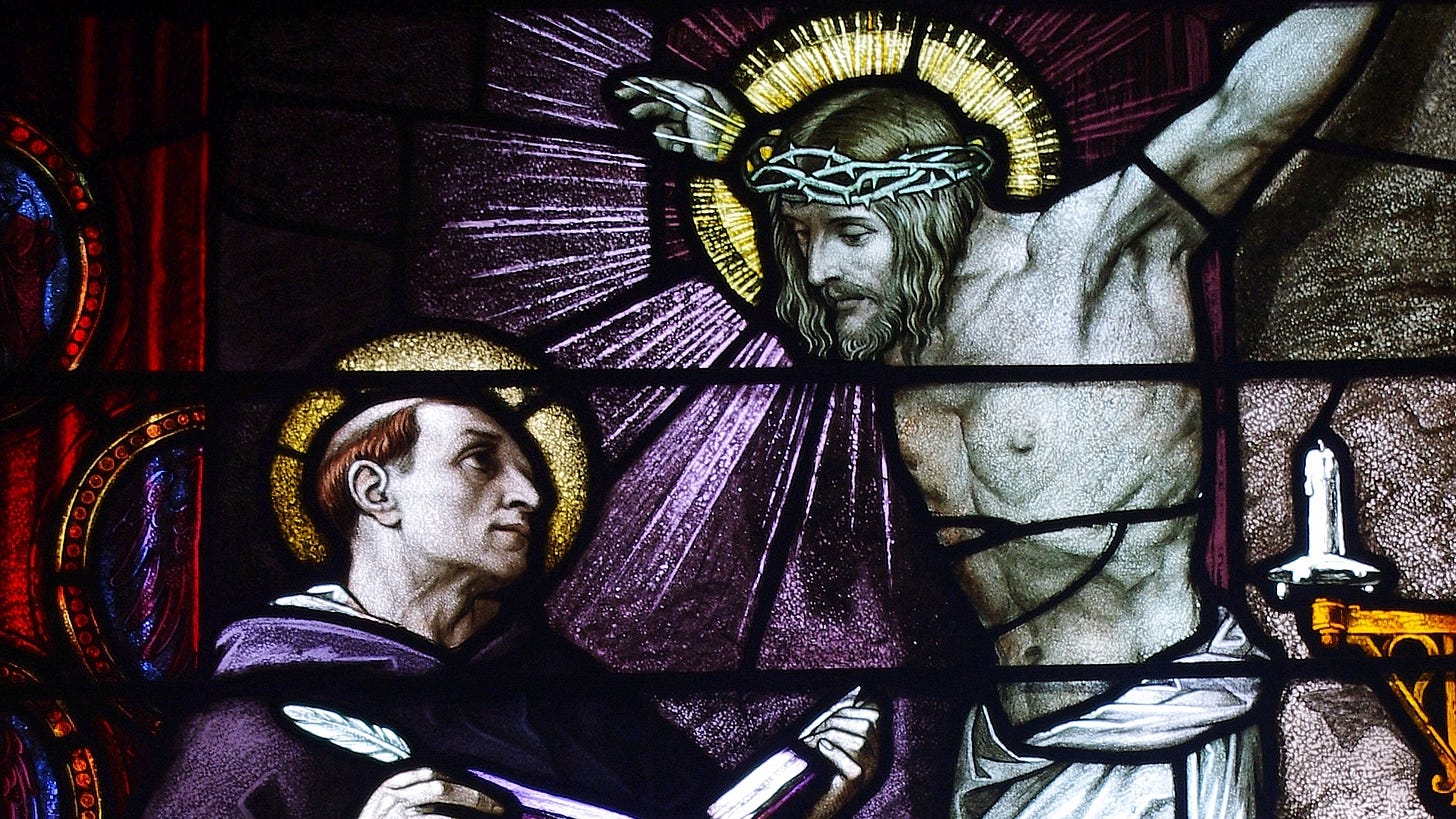True Law – According to the Teaching of St Thomas Aquinas
It is more important than ever to understand the nature of law, not least so that we can recognise when we are and are not being governed by law.

It is more important than ever to understand the nature of law, not least so that we can recognise when we are and are not being governed by law.
Introduction
In response to the Covid-19 outbreak, governments worldwide enforced draconian regulations, restricting some of the most fundamental liberties of free societies: the right of free association, the right to earn one’s daily bread by honest labour, and even the right to leave one’s own home. They also used the crisis to further violate fundamental rights – such as violating the right-to-life by expanding provision of “home abortion”.
In the face of these violations of the most basic rights, many were extremely compliant, often on the grounds that “it is the law” and must be obeyed.
It will therefore be useful to consider the traditional teaching of the Church on the nature of law.
What is law?
St Thomas Aquinas teaches that the following is a complete definition of law. A law is:
“an ordinance of reason for the common good, made by him who has care of the community, and promulgated.”1
Everything that conforms to this definition is a law. Nothing contrary to this definition can ever be a true law, no matter what the purported lawgiver may claim.
We will examine each element of the above definition in more detail, but first we will briefly describe the four kinds of laws.
The four kinds of law
St Thomas teaches that there are four kinds of law.
The eternal law: by this law God governs “the whole community of the universe” by His “Divine Reason” and “Divine Providence”. St Thomas teaches that “the very idea of the government of things in God the Ruler of the universe, has the nature of a law.”2 All creation is subject to the eternal law: “all things partake somewhat of the eternal law, in so far as, namely, from its being imprinted on them, they derive their respective inclinations to their proper acts and ends.”3
The natural law: the “participation of the eternal law in the rational creature is called the natural law.”4 By this law, imprinted on every human being, we are directed towards our proper natural ends: “the light of natural reason, whereby we discern what is good and what is evil, which is the function of the natural law, is nothing else than an imprint on us of the Divine light.”5
The human law: while the natural law directs us in “a general and indeterminate” way, it is often necessary for human happiness for legitimate authority to make “more particular determination of certain matters”.6 For example, while the natural law is sufficient for us to know that we shouldn’t kill others by poisoning, human law may give more precise regulations on how water companies use certain toxic chemicals. All human law is derived from the principles of the natural law.7
The divine law: this has been revealed by God to direct us to our supernatural end. St Thomas gives four reasons why a divinely revealed law is necessary:
The natural law directs us to natural happiness but not to supernatural happiness8
Our human judgement can suffer from “uncertainty… especially on contingent and particular matters… therefore, that man may know without any doubt what he ought to do and what he ought to avoid, it was necessary for man to be directed in his proper acts by a law given by God, for it is certain that such a law cannot err.”9
Human laws can only regulate external acts. Yet virtue requires also interior acts. Therefore, God commands these internal acts through the divine law.10
Human law cannot punish all human acts, “since while aiming at doing away with all evils, it would do away with many good things, and would hinder the advance of the common good.”11 And elsewhere: “In order, therefore, that no evil might remain unforbidden and unpunished, it was necessary for the Divine law to supervene, whereby all sins are forbidden.”12
All four forms of law conform entirely to the definition of law given by St Thomas, namely that law is “an ordinance of reason for the common good, made by him who has care of the community, and promulgated.”13
We will now examine each part of the definition in more detail, but with emphasis on its implications for laws promulgated by human beings. The eternal law, the natural law and the divine law are all promulgated by God Himself, for the common good, and in accordance with His Eternal Reason.14
If you would like to help turn The WM Review’s publications into an unstoppable torrent hit SUBSCRIBE today:
(Clergy and seminarians can claim free memberships—just get in contact)

